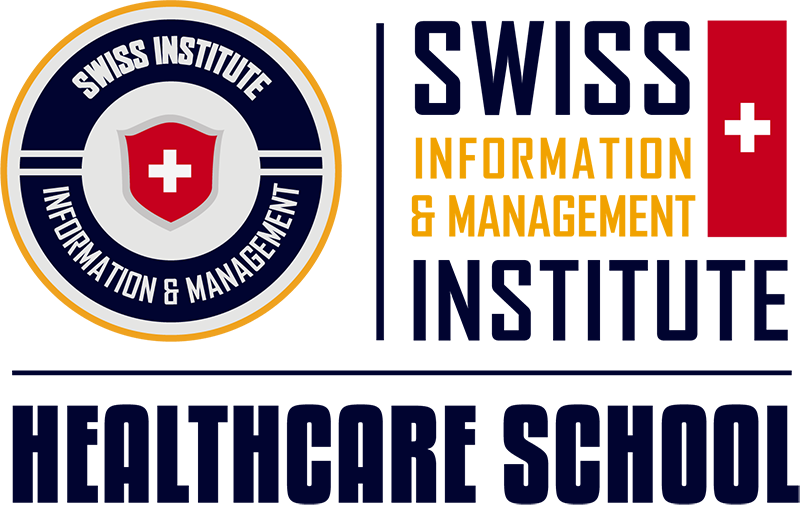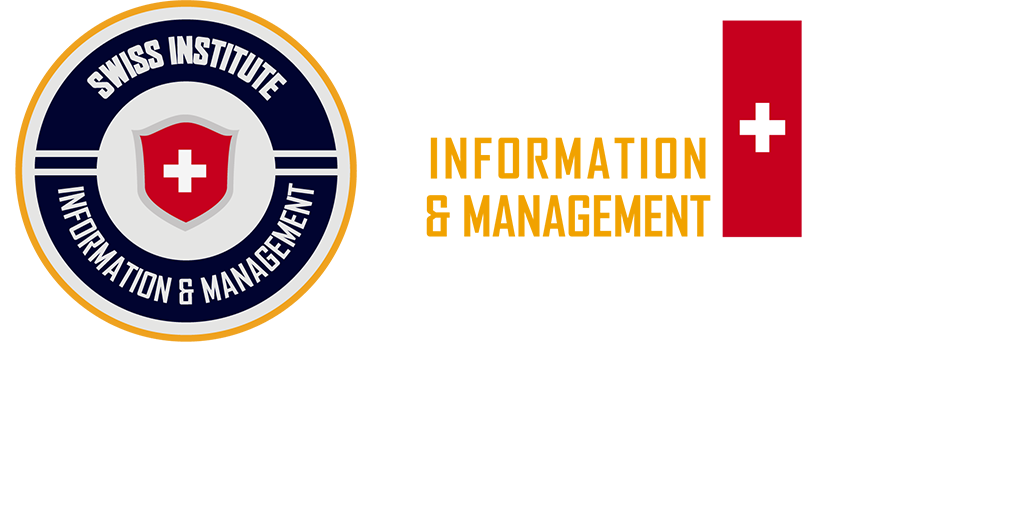


IMI Pedagogy
Project Based Learning (PBL)

Real-World Application
Applies knowledge to practical situations.

Critical Thinking
Develops problem-solving and critical thinking skills.

Collaboration
Fosters teamwork and communication skills.

Creativity
Encourages innovative thinking and creativity.

Interdisciplinary Learning
Integrates knowledge from various subjects.

Workforce Preparation
Aligns with collaborative and problem-solving demands of the workforce.

Adaptability
Builds adaptability and resilience in overcoming challenges.

Assessment of Multiple Skills
Evaluates critical skills beyond memorization.

The most important factors
of a SIM Institute's project-based learning program:
Critical Thinking
Real-World Application
Collaboration
Compare PBL's practical application
to traditional training.

Considerations
Consideration PBL success with basic indicators.
-
Learning Styles: Different students may respond better to different approaches. Some may thrive in a PBL environment, while others may prefer a more structured approach.
-
Subject Matter: The nature of the subject matter can influence the effectiveness of the chosen method. Some subjects may be better suited to PBL, while others may align more with traditional training.
-
Assessment Methods: The chosen method should align with the desired assessment outcomes. PBL often allows for a more comprehensive evaluation of various skills, while traditional training may be more focused on knowledge recall.





